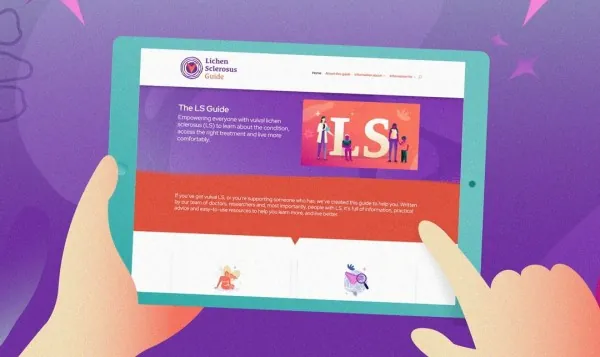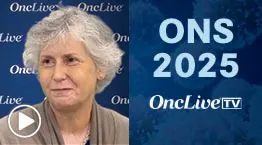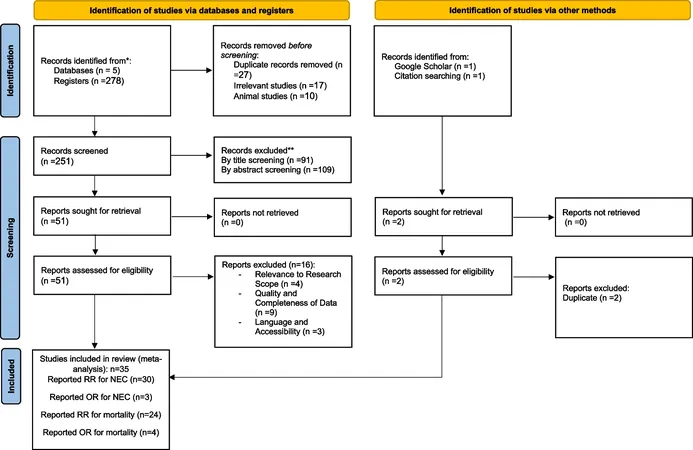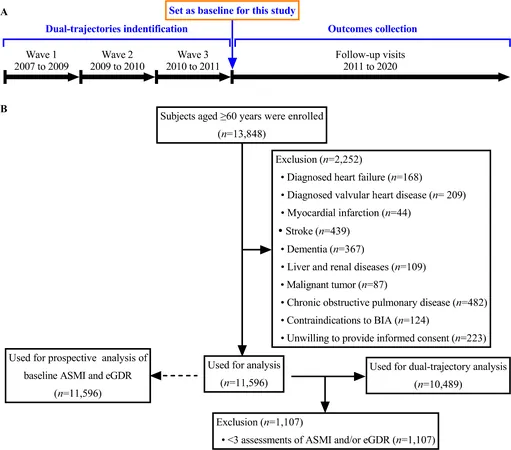
Comprehensive Online Resource Launched to Aid Individuals Facing Lichen Sclerosus
2025-01-21
Author: Wei
Comprehensive Online Resource Launched to Aid Individuals Facing Lichen Sclerosus
In a groundbreaking move for women's health, a new online guide dedicated to vulval lichen sclerosus (LS) has been launched to support, educate, and empower those impacted by this often-overlooked skin condition. Lichen sclerosus is estimated to affect around 1 in 100 women in the UK, typically diagnosed in postmenopausal women, but it can arise at any age. The exact causes of this condition remain unidentified, leaving many in the dark about their health.
Developed by a team of healthcare professionals and researchers from esteemed institutions including the University of Bristol and East Lancashire Hospitals NHS Trust, this guide aims to fill the gap in information and support. Launched on World LS Awareness Day in 2025, the website (www.lichensclerosusguide.org.uk) offers a wealth of resources, from detailed information on symptoms and potential treatments to practical advice on managing daily life with LS.
The site features enlightening videos that explain the condition, including insights on vulval anatomy, self-examination techniques, and step-by-step instructions on applying treatments effectively. This comprehensive approach not only addresses the needs of those suffering from LS but also extends valuable information to healthcare professionals, caregivers, and partners of affected individuals.
Living with vulval lichen sclerosus can pose significant challenges, impacting social interactions, professional life, and intimacy. Clare Baumhauer, a woman diagnosed with both LS and vulval cancer during the same appointment in her 40s, has become a passionate advocate for awareness and support for those with the condition. Having endured misdiagnoses for years, she highlights the importance of open conversations and accurate information to prevent others from experiencing similar hardships.
Dr. Sophie Rees, a Research Fellow in Qualitative Research at Bristol Medical School, emphasized the necessity of this guide, pointing out that many women express frustration over the inconsistent and often confusing information available about LS. Dr. Caroline Owen, a Consultant Dermatologist, added that the stigma surrounding genital conditions can isolate individuals, fostering feelings of embarrassment when discussing symptoms. The new online guide strives to alleviate these feelings and offers a treatment template for both patients and healthcare providers, aiding in the understanding and management of the essential topical treatments needed for LS.
Symptoms such as intense itching, burning sensations, and pain can greatly impact individuals' quality of life. If not managed properly, LS may lead to irreversible changes in the vulval area, such as labial fusion or the formation of scar tissue, which can contribute to pain and altered self-identity. Importantly, the condition is also associated with an increased risk of vulval cancer, a serious diagnosis that can be emotionally and psychologically taxing.
While current research indicates a potential familial link and a higher prevalence of autoimmune disorders among those with vulval LS, the causal factors remain largely elusive. There is currently no known cure for the condition, but effective management strategies, particularly through the use of topical corticosteroids, can significantly alleviate symptoms.
The creation of this valuable online resource received support from charities including Wellbeing of Women, the British Society of the Study of Vulval Disease, and the British Association of Dermatologists.
To learn more and access support, visit the LS guide at www.lichensclerosusguide.org.uk.
Clare's Inspiring Journey: A Triumph Over Adversity
Clare Baumhauer's story resonates deeply with many facing the challenges of lichen sclerosus. Despite suffering from symptoms since her childhood, she remained undiagnosed until her early 40s, when she was informed that her issues were misattributed to thrush. After undergoing treatment for both LS and vulval cancer, Clare has used her experiences to advocate for others, setting up online support groups and raising awareness through social media.
Her journey has not been without trials; Clare now manages lymphoedema and has faced a recurrence of vulval cancer and VIN. Nonetheless, her commitment to helping others understand and manage lichen sclerosus continues to inspire hope and resilience within the community.





 Brasil (PT)
Brasil (PT)
 Canada (EN)
Canada (EN)
 Chile (ES)
Chile (ES)
 Česko (CS)
Česko (CS)
 대한민국 (KO)
대한민국 (KO)
 España (ES)
España (ES)
 France (FR)
France (FR)
 Hong Kong (EN)
Hong Kong (EN)
 Italia (IT)
Italia (IT)
 日本 (JA)
日本 (JA)
 Magyarország (HU)
Magyarország (HU)
 Norge (NO)
Norge (NO)
 Polska (PL)
Polska (PL)
 Schweiz (DE)
Schweiz (DE)
 Singapore (EN)
Singapore (EN)
 Sverige (SV)
Sverige (SV)
 Suomi (FI)
Suomi (FI)
 Türkiye (TR)
Türkiye (TR)
 الإمارات العربية المتحدة (AR)
الإمارات العربية المتحدة (AR)